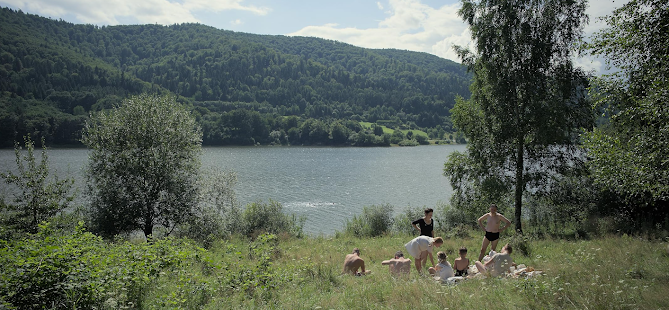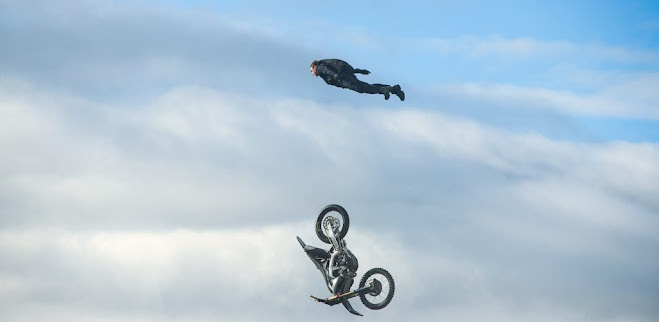Title: The Man with the Golden Gun
Year: 1974
Director: Guy Hamilton
Country: UK
Language: English
The 9th film in the James Bond Franchise, and the fourth and final 007 film to be directed by Guy Hamilton, The Man With the Golden Gun (1974) brings the ever charismatic Roger Moore back in a role that received mixed reviews at the time. Indeed, the film is one of the lowest grossing features in the franchise and represented a low point in the series. Christopher Lee's menacing portrayal of the villain Sacarmanga was the only part of the picture that critics universally praised.
James Bond (Roger Moore) is targeted by the world's most expensive assassin (Christopher Lee) , while he attempts to recover sensitive solar cell technology that is being sold to the highest bidder.
Similar to how Live and Let Die (1973) dabbled with the Blaxploitation genre, Man with the Golden Gun (1974) has a vested interest in the martial arts craze that was sweeping the world at the time. Hong Kong films - most notably those of Bruce Lee (Enter the Dragon) - were huge commercial hits overseas. In order to capitalize on the success of this genre, Bond's villain would have to hail from the orient.
Man with the Golden Gun also touches on a big political issue in the West; the energy crisis of the 1970's. Essentially there was a conflict between Arab Countries and Israel known as the Yom Kippur War. To punish countries who supported Israel, the Organization of Arab Petroleum Exporting Countries implemented a total embargo of oil. This caused an immediate recession & crippled many countries' economies. The main McGuffin in this film is important because it is supposed to solve this crisis.
My biggest issue with this film is that I don't think Roger Moore is fully comfortable in his Bond role yet. His approach, especially his aggression towards women, comes off as too much like he's trying to imitate Sean Connery. Moore would get better and make this Bond unique in future films.
I enjoyed The Man With the Golden Gun because it's fun, absurd and bombastic. We see Bond get into a fight with sumo wrestlers & chase a wine bottle throwing midget on a boat. Scaramanga is a remarkable, iconic Bond villain. The Bond girl, Goodnight(Britt Ekland), is breathtaking. I also love the cinematography of the beautiful on-set locations.





























